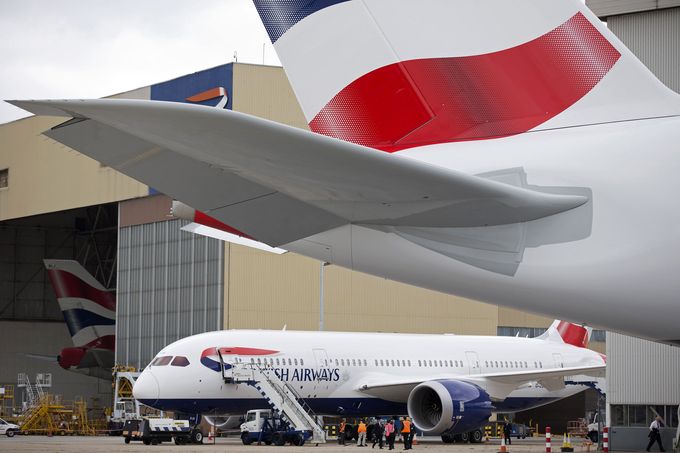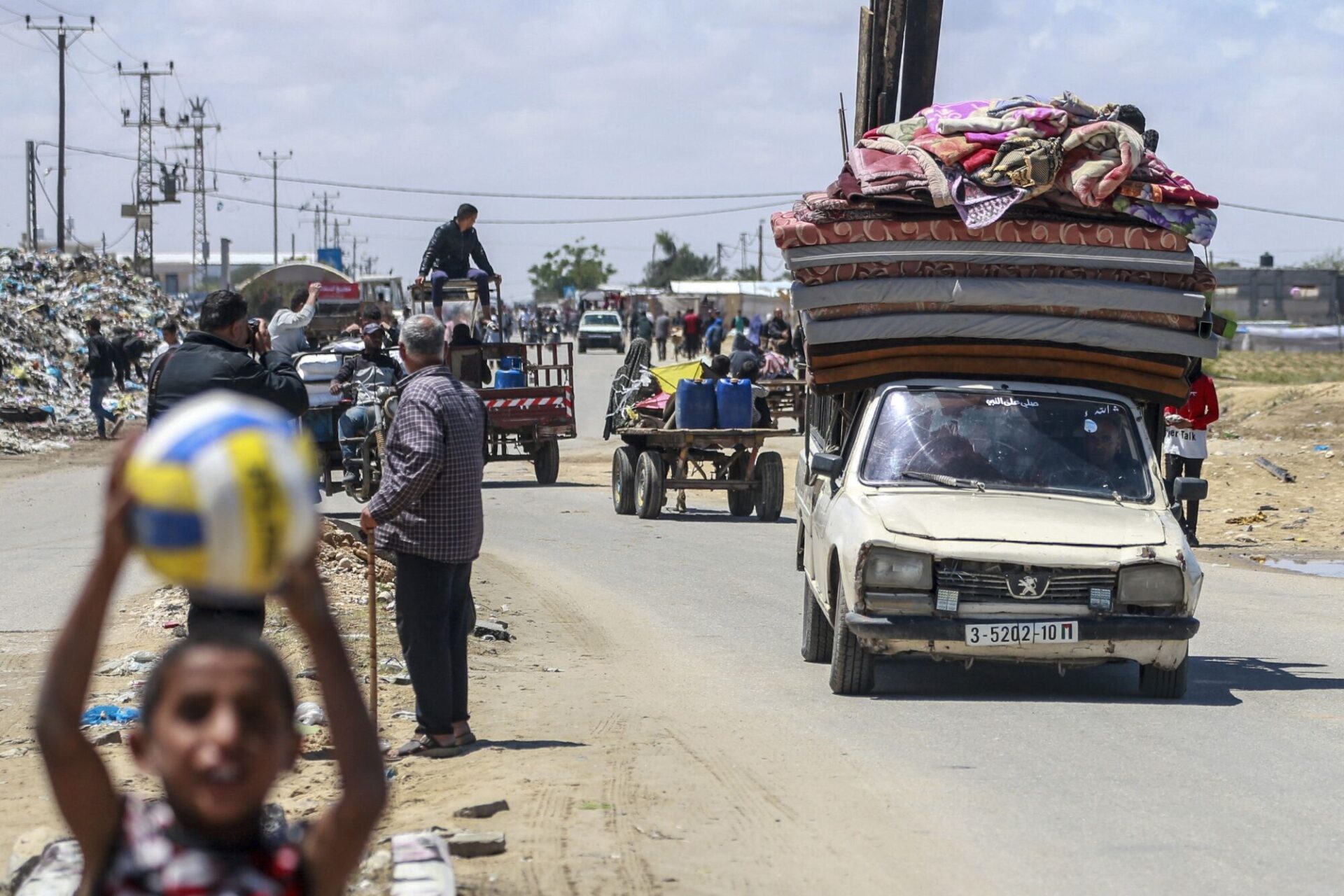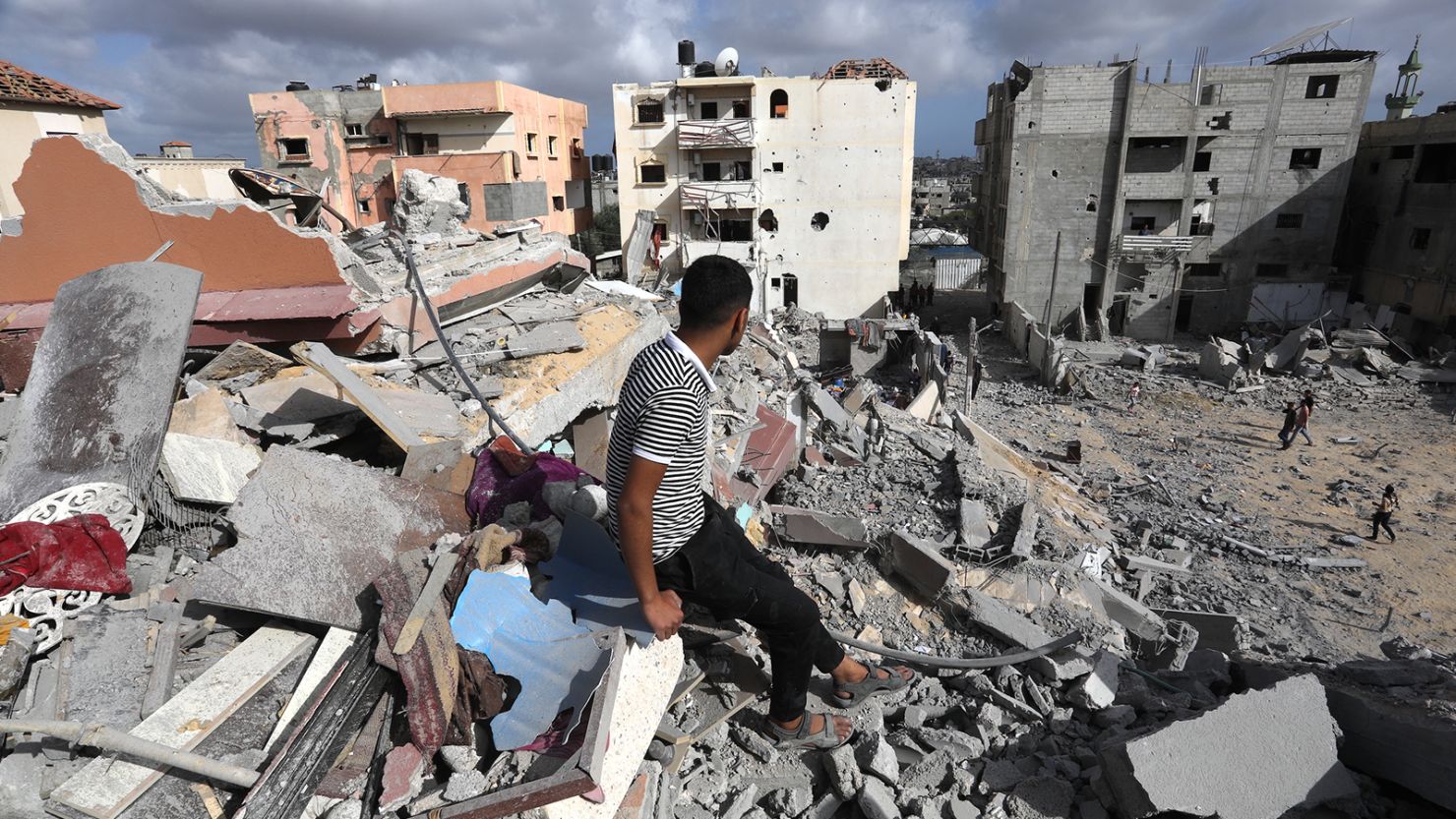The Nigerian government says it expects to receive about 29.8 million doses of the Johnson & Johnson (J&J) COVID-19 vaccines.
The Executive Director of the National Primary Health Care Development Agency (NPHCDA), Faisal Shuaib, made this known during a briefing of the Presidential Steering Committee (PSC) on COVID-19 on Monday.
“The federal government has signed off to receive up to 29.8 million doses of the Johnson & Johnson COVID-19 vaccines through the African Union platform,” Mr Shuaib said.
He said Nigeria is also expecting more vaccines through the COVAX facility by the end of May or early June.
He said by then, the country would have completed the process of administering the second dose of the Oxford-AstraZeneca COVID-19 vaccines to vaccinated people.
Having received 3.94 million doses of the Oxford-AstraZeneca vaccines in early March, Nigeria commenced vaccination beginning with healthcare workers. Over one million people have since been vaccinated.
Mr Shuaib further explained that the vaccination against COVID-19 is still ongoing in all states of the federation.
He said the country has vaccinated 1,175,285 eligible Nigerians as of April 26, 2021. This represents 58.4 per cent of people eligible to receive the vaccines, he said.
“Our collaboration with health officials and other stakeholders at the national, state, LGA and community level in the vaccination exercise has yielded substantial result,” he said.
He also noted that the country is aware of the global scarcity of COVID-19 vaccines due to high demands.
This, he said, will further affect the remaining phases of the vaccination campaign in the country.
“We are aware of the global scarcity of COVID-19 vaccines due to high demands especially in countries where vaccines are being produced,” he said.
“We therefore anticipate a delay in vaccine supply to Nigeria which may also affect and impact the remaining phases of the vaccination campaign.”
Due to limited doses of vaccine available, the Nigerian government recently directed states to halt vaccination once they use half of the doses allocated to them.
The Nigerian government had said it plans to vaccinate 109 million people against the COVID-19 virus over a period of two years.
Health authorities said only eligible population from 18 years and above will be vaccinated in four phases.
Johnson & Johnson (J&J) vaccine
The J&J COVID-19 single-dose vaccine is compatible with standard vaccine storage and distribution channels with ease of delivery to remote areas.
The vaccine is estimated to remain stable for two years at -4°F (-20°C), and a maximum of three months at routine refrigeration at temperatures of 36-46°F (2 to 8°C).
Meanwhile, the U.S. Centers for Disease Control and Prevention and the U.S. Food and Drug Administration recently suspended administering the J&J vaccine over six reported cases of a “rare and severe” type of blood clot. The suspension was later reversed.
This six cases occurred among women aged 18 and 48, and symptoms occurred six to 13 days after vaccination, according to a joint statement on Tuesday from Anne Schuchat, principal deputy director of the CDC and Peter Marks, director of the FDA’s Center for Biologics Evaluation and Research.
The suspension was, however, lifted but with a warning about the potential for extremely rare blood clots, the BBC reported.
European regulators this month also linked similar, highly unusual blood clots to the AstraZeneca COVID-19 shot, but found that the benefits of the drug outweighed any risks.

 Naira4 weeks ago
Naira4 weeks ago
 Naira4 weeks ago
Naira4 weeks ago


 Naira4 weeks ago
Naira4 weeks ago




 Naira3 weeks ago
Naira3 weeks ago
 Commodities4 weeks ago
Commodities4 weeks ago


 News4 weeks ago
News4 weeks ago


 Banking Sector4 weeks ago
Banking Sector4 weeks ago
 Travel4 weeks ago
Travel4 weeks ago
















